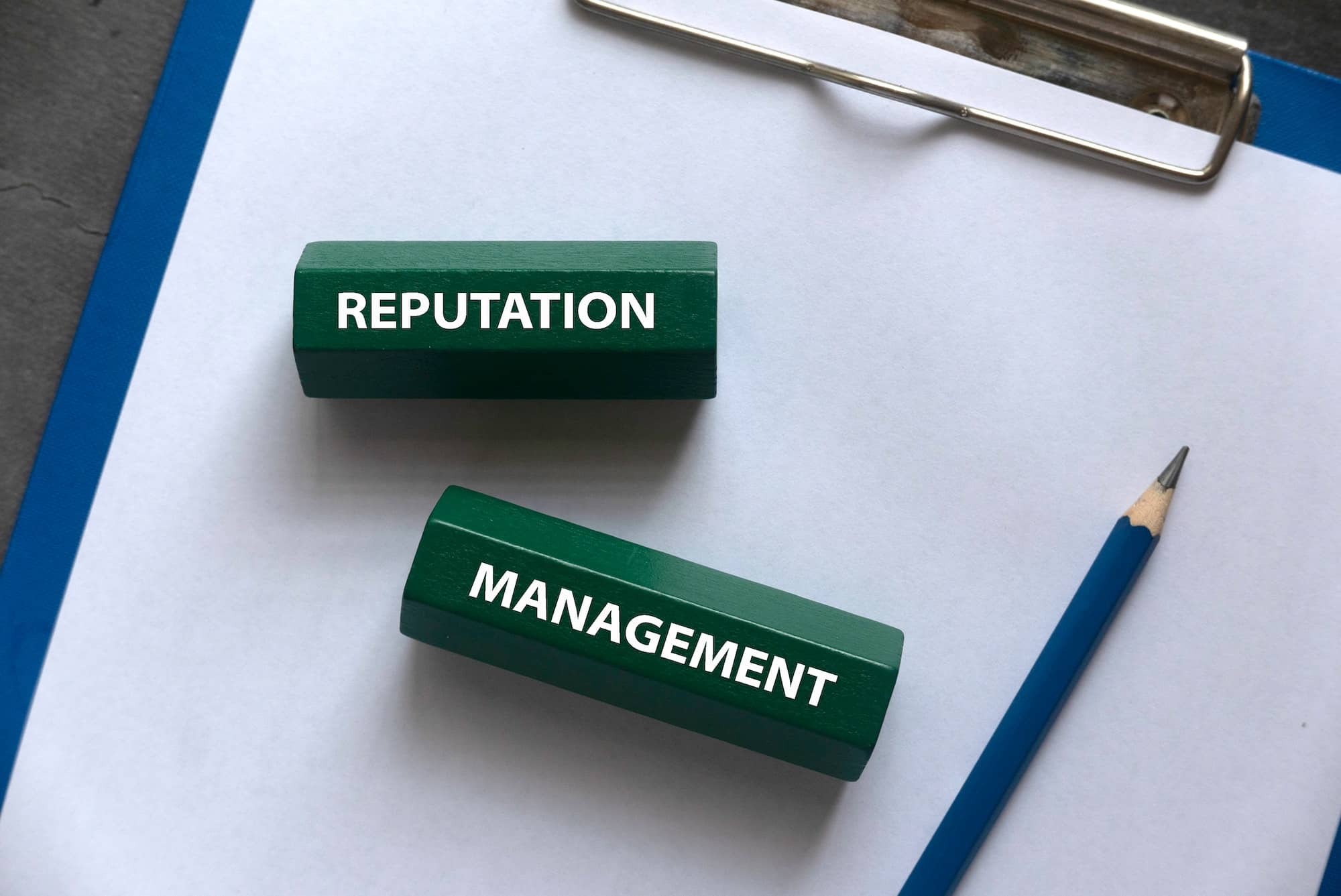What Are the Effective Ways to Monitor and Manage Online Business Reputation?

In today’s digital era, your online reputation can make or break your business. It’s a crucial aspect that requires your constant attention and meticulous management. The perception that potential customers have about your brand largely depends on the information available on the internet.
The power of online reviews, social media buzz, Google search results, and all forms of online communication about your brand is immense. It’s no longer a choice but a necessity to monitor and manage your online reputation to ensure its positive impact. In this article, we will delve into the effective ways to monitor and manage your online business reputation.
Avez-vous vu cela : How to Create a Diverse and Equitable Workplace in Small to Medium-Sized Businesses?
Why Online Reputation Matters
The online reputation of your business is an essential factor that influences the decision-making process of your customers. It’s the digital equivalent of word-of-mouth marketing. When customers share positive experiences, it helps build your brand’s credibility and trust. Conversely, negative reviews can severely damage your brand’s reputation and discourage potential customers.
It’s also vital to keep an eye on what customers are saying about your business on social media platforms. A single negative comment or review can spread like wildfire and severely damage your reputation if not managed properly.
A lire en complément : How to Enhance Your Small Business’s Brand Through Storytelling?
Monitoring your online reputation is not just about avoiding negative publicity. It also provides valuable insights about your customers’ preferences, dislikes, and expectations, which can help you improve your products or services.
Online Reputation Management Techniques
Effective online reputation management involves a mixture of monitoring, responding, asking for feedback, and creating positive content.
Monitoring Your Online Reputation
Monitoring is the first step in managing your online reputation. It involves keeping a close eye on what people are saying about your business on various digital platforms. You can do this manually by routinely checking review sites, social media platforms, and Google search results. However, this method can be time-consuming and may not be feasible for larger organizations.
A more efficient way to monitor your online reputation is to use reputation management tools. These tools can help you track mentions of your brand across the internet, alerting you whenever your business is mentioned. This way, you can respond promptly to any negative comments or reviews.
Responding to Reviews and Feedback
How you respond to online reviews and feedback, both positive and negative, can greatly influence your online reputation. Thanking customers for their positive feedback promotes goodwill and encourages more positive reviews.
On the other hand, negative reviews should be handled with care. It’s best to respond publicly, addressing the issue and apologizing if necessary. Then, take the conversation offline and handle the issue privately. This shows other customers that you take their concerns seriously.
Asking for Reviews
Another way to manage your online reputation is to ask satisfied customers for reviews. This can not only increase the number of positive reviews but also counterbalance any negative reviews.
Make it easy for customers to leave reviews by providing a direct link to your Google My Business or Yelp page, for instance. You can also incentivize leaving reviews by offering discounts or other rewards.
Creating Positive Content
Creating and promoting positive content about your business can also help manage your online reputation. This can involve sharing customer testimonials, highlighting community involvement, or publishing blog posts about your business’s successes. The goal is to flood the online space with positive content about your business, pushing down any negative content in search results.
Utilising Social Media for Reputation Management
Social media can be a double-edged sword for online reputation management. On the one hand, positive comments and shares can boost your reputation. On the other hand, negative comments can quickly go viral and damage your reputation.
Monitor your social media channels regularly to identify and address negative comments or reviews promptly. Engage with your customers, answer their queries, and acknowledge their feedback. Maintaining an active presence on social media can help protect your online reputation.
Partner with a Reputation Management Company
If all of this seems overwhelming, consider partnering with a reputation management company. These specialists can help you monitor and manage your online reputation. They use advanced tools and strategies to track online mentions of your brand, respond to reviews and feedback, create positive content, and manage your social media profiles.
While it does require an investment, the professional guidance and expertise of a reputation management company can be invaluable in safeguarding your online reputation.
The Importance of Social Listening in Online Reputation Management
Social listening is a powerful tool in the arsenal of online reputation management. Essentially, it means monitoring digital conversations to understand what customers are saying about your brand online. By tracking relevant keywords and phrases related to your brand, you can gain insights into customer sentiment, needs, and expectations.
In the context of online reputation management, social listening allows you to be proactive. It’s not just about reacting to what people are saying about your brand, but also understanding the overall sentiment. If you detect a surge of negative comments, for instance, you can promptly address the situation before it escalates and tarnishes your brand image.
Social listening platforms can streamline this process, automatically tracking conversations across various platforms. They offer real-time alerts whenever your brand is mentioned, enabling swift response. These tools also provide analytics, helping you understand trends over time, pinpoint issues, and gauge the effectiveness of your reputation management strategies.
Effectively Using Google Alerts for Reputation Monitoring
One of the most accessible tools for reputation monitoring is Google Alerts. This free tool enables you to set up alerts for specific keywords or phrases related to your business. When these terms appear online, Google will send you an email notification.
This tool is especially useful for keeping tabs on your online presence. For instance, you could set up a Google Alert for your business name, products, or key executives. Any time a new mention is indexed by Google, you’ll be notified. This means you can quickly react to any potential reputation threats, like negative reviews, that appear in Google’s search results.
Remember, online reputation management is not just about dealing with negative situations. If you find positive mentions of your brand online, you can leverage them to enhance your brand reputation. For example, you can share positive reviews or news articles about your business on your social media platforms to engage with your audience and reinforce positive brand image.
Conclusion
In conclusion, the digital landscape provides both challenges and opportunities for businesses when it comes to managing their online reputation. From monitoring online reviews to social listening, there are numerous strategies businesses can employ to protect and enhance their brand reputation online.
However, online reputation management requires consistent effort and vigilance. Businesses should strive to stay ahead of the curve by proactively monitoring their online presence, responding to feedback in a constructive manner, and creating a positive image through content and engagement.
In some cases, partnering with a reputation management company can be a valuable investment, providing professional expertise and advanced tools to manage your online reputation effectively. Regardless of the strategy you choose, remember that your online reputation is an invaluable asset, and its management should be a top priority in your business strategy.
